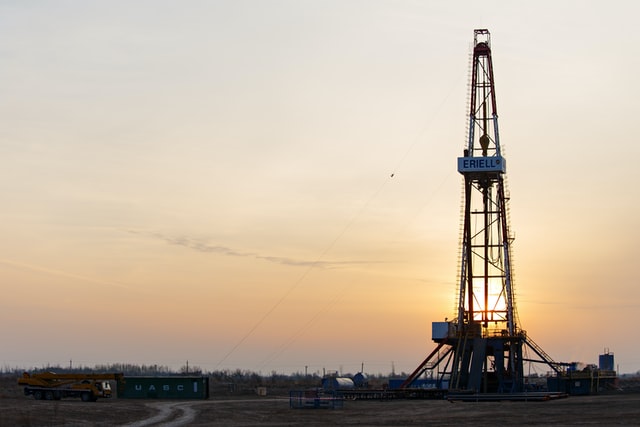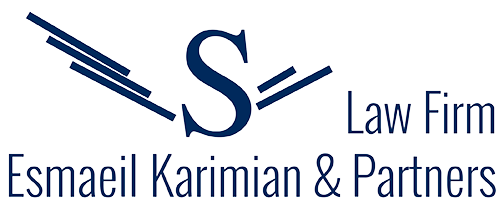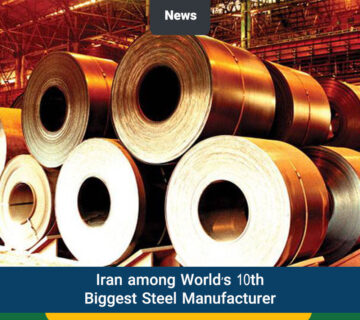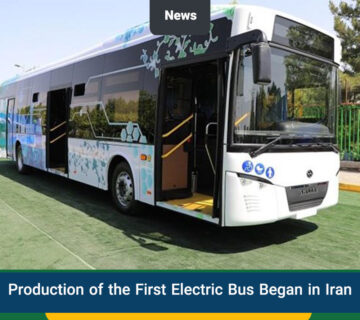In this article you will read:
Oil and Gas Contracts
in Iran’s Body of Law
1. Introduction
The Ministry of Petroleum of the Islamic Republic of Iran is responsible for all kinds of oil and gas activities. The Ministry by itself has got the four major subsidiaries body as follows which undertake implementation and operation of the above mentioned activities:
– National Iranian Oil Company (NIOC);
– National Iranian Gas Company (NIGC)
– National Iranian Oil Refining & Distribution Company (NIORDC)
– National Petrochemical Company (NPC).
The Iran’s Unique Position in terms of hydrocarbon reserves is as follows:
Iran is endowed with 155 billion barrels of oil equivalent to 10.9% of the global oil reserves; Iran owns 18% of the global natural gas reserves equal to 34 TCM of natural gas; Iran’s current exploration projects will lead to a considerable increase in the country’s oil and gas reserves; Presently, 62 onshore oil fields, 16 offshore oil fields, 20 onshore gas fields, and 2 offshore gas fields are in operation in Iran; 26% of hydrocarbon reserves and 50% of natural gas reserves are located across Iran’s common borders with its neighbors.
Currently, Iran, with 33/6 trillion cubic meters of natural gas reserves which is equivalent to 234 billion barrels of crude oil reserves, is the world’s largest owner of gas reserves.
In its last official report, National Iranian Oil Company declared that Iran’s normal and natural gas reserves are more than 33/7 trillion cubic meters and the volume of normal and recoverable crude oil reserves of the country are about 157 billion barrels; Overall, with the total volume of oil and natural gas reserves of 400 billion barrels, Iran is the world’s largest gas reserves.
In order to attract foreign investment in Iran’s oil and gas industry, particularly after termination of sanctions, a committee known as the “Oil Contracts Review Committee” unveiled a new contract titled “Iran Petroleum Contract (IPC)” in late 2015. The primary purpose of this Contract is to make a dramatic change in the oil and gas industry of Iran. On the other hand, Iran’s Parliament has also played an important role in this evolution through legislation of several laws such as “Duties and Powers of the Ministry of Oil,” enacted in 2012, “Petroleum Law Reform Act” passed in 2011 and “The Fifth Development Plan” in 2010. However, the turning point of this legal evolution can be found in contractual mechanism of the implementation of projects in the upstream of oil and gas industry which is mentioned in law of “Duties and Powers of the Ministry of Oil” 2012.
2. Contractual Mechanism Governing the Oil and Gas Industry
Prior to the new legislations, “Buyback” was the only model for petroleum contracts in Iran’s upstream oil and gas industry. By new legislations, however, the way of using partnership models has been paved and a new contract titled “Iran Petroleum Contract (IPC)” is drafted. Notwithstanding, there still is no restriction in using “Buyback” contracts. Therefore, both “Buyback” and “IPC” will be reviewed in this section.
You might also be interested in:
3. Buy-back Agreement
The second method of investment which is expressed in article 3 of FIPPA is “buy-back”. In recent years, buy-back contracts, as a contractual investment technique, have had a prominent role in Iran’s economy. This type of contract is mainly known for its use in the development of discovered oil and gas fields. In addition, buy-back contract is useable in other industries.
Buy-back contract is a kind of counter-trade arrangements which is also classified as a hybrid contract. It is often defined as a contract between a purchaser and vendor in which the vendor agrees to repurchase the property from the purchaser if a certain event occurs within a specified period of time. The buy-back price is usually set out in the agreement. However, the buy-back transaction has acquired a broader meaning under Iranian law. As defined by Article 2 of the Executive Rules approved by the Council of Ministers, a buy-back transaction refers to a deal in which the supplier, wholly or partially, puts the needed goods and services for the establishment, expansion, reconstruction, improvement or continued production of manufacturing enterprises of the country at the disposal of the producer.

4. Iran Petroleum Contract (IPC)
These days, one of the most important debates in scientific and technical circles is optimizing contractual mechanism in the upstream oil and gas projects in Iran. In February 2014, a seminar was held in Tehran and some provisions of the new oil contracts which have been prepared by “Oil Contracts Revision Committee” unveiled under the title if “Iran Petroleum Contract (IPC)”. This contract has been prepared to rectify failures and gaps in different generations of buy-back contracts and is a beginning of an evolution in Iran’s petroleum contracts. On the other hand, Iran’s Parliament has played a significant role in this evolution by passing a few important laws, especially “the Duties and Powers of the Ministry of Petroleum Act” in 2012.
Iran’s new petroleum contract is not a new kind of petroleum contract alongside concession contracts, production sharing contracts, risk service contracts or joint venture. But it is a hybrid contract which contains some features of joint venture contracts (regarding the procedure of implementing petroleum projects) and some traits of production sharing contracts (regarding the cost recovery mechanism).
Based on IPC Contracts, in the exploration stage, contractor and the National Iranian Oil Company establish an “Oil Exploration Operations Company” in which contractor leads the operation and performs exploration by using his own budget and by taking its risks. National Iranian Oil Company is a technical partner which accompanies the contractor without sharing the costs and risks of exploration. If exploration does not lead to the discovery of a commercial field, the contractor’s costs incurred in the operation will not be refunded. But if a commercial field is discovered, contractor’s costs will be transferred from the exploration stage to the development stage and will be recovered during the amortization period.




No comment